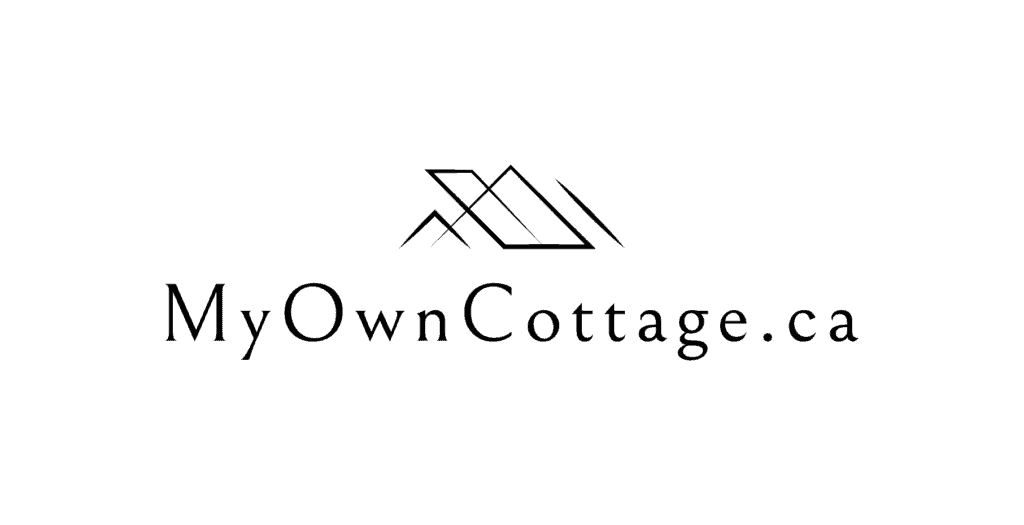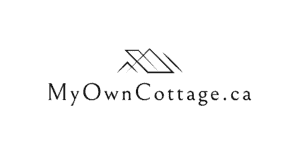Can You Finance an Off-Grid Prefab Cottage in Ontario?
Can You Finance an Off-Grid Prefab Cottage in Ontario?
Discover lender requirements, solar incentives, and expert tips for seasonal or rural builds.
Can You Finance an Off-Grid Prefab Cottage in Ontario?
Yes, you can finance an off-grid prefab cottage in Ontario.
However, most lenders require the home to be CSA-A277 certified and compliant with local building codes, including approved septic, heating, and energy systems.
Financing is more accessible through rural credit unions or alternative lenders familiar with off-grid and modular construction.
Off-grid living is gaining serious momentum across Ontario—especially in rural areas like Muskoka, Haliburton, and Parry Sound.
For many homeowners, the dream of a custom home powered by the sun and surrounded by nature is more attainable than ever thanks to advancements in prefab building techniques.
But the big question remains: can you finance an off-grid prefab cottage in Ontario?
The short answer: yes—but with conditions.
How to Finance an Off-Grid Prefab Cottage in Ontario
Let’s break down what it takes to turn your perfect off-grid cottage into a reality, while aligning with lender expectations, government incentives, and expert recommendations.
If you’re looking for your dream vacation home, guest house, or tiny home with peace of mind financing, this guide is your starting point.
Is Off-Grid Living Eligible for Financing in Ontario?
Traditional lenders in Ontario often hesitate when it comes to off-grid or unconventional real estate.
Major banks tend to favour homes connected to municipal services like hydro, septic, and water.
But that doesn’t mean financing is off the table.
Alternative Lenders and Rural Credit Unions
Alternative lenders and rural credit unions are increasingly open to off-grid or hybrid builds—especially if:
The structure is permanent, habitable year-round, and CSA-A277 certified.
It includes engineered floor plans and building code-compliant systems.
The prefab home is placed on land with road access and proper zoning.
Real Example: In 2023, My Own Cottage helped a Muskoka client secure financing through a regional credit union by submitting an engineered plan, energy efficiency specs, and CSA certification for their 920 sq/ft off-grid modular home. The result? Faster construction with fewer delays and full loan approval.
What Lenders Look for in Off-Grid Cottage Builds
To get approved for financing, your prefab build must demonstrate reliability and adherence to Ontario’s building regulations.
Lenders want confidence in the final product, so documentation is key.
What to Have Ready:
Engineered floor plans showing living space, natural light, and square footage.
Power specs: solar panels, battery capacity, inverter output.
Septic or alternative waste management design (approval letters help).
Heating system plan (wood stove, propane, electric backup).
Insurance quote for an off-grid or modular home.
Confirmation that prefab components meet provincial building codes.
💡 Pro Tip: Lenders are more receptive when the prefab builder—such as MyOwnCottage.ca—has a strong reputation, verifiable track record, and offers a high-quality product built in a controlled environment.
Grants and Rebates for Solar, Septic & Sustainability Upgrades
Offsetting your build’s additional costs with government rebates and grants can not only lower your out-of-pocket expenses but also improve your loan application strength.
Here are current opportunities available in Ontario:
Canada Greener Homes Loan: Up to $40,000 interest-free if your custom cabin or prefab home meets energy-efficiency benchmarks.
Save on Energy Rebates (IESO): Rebates for heat pumps, insulation, and high-performance windows.
Federal and municipal solar grants: Covering up to 25-50% of solar panel costs.
Local initiatives for composting toilets and septic system installations.
Many prefab builders include sustainability upgrades—like passive house design elements, thermal insulation, and air sealing—that make your build rebate-eligible.
Expert Advice: What to Prepare Before Applying
We hard this from Sarah Lee, a licensed mortgage broker at OffGrid Mortgage Solutions Inc., who specializes in prefab and rural lending.
“Financing off-grid builds isn’t out of reach—it just requires more upfront preparation. You’re not just showing a dream; you’re proving a real, viable home model. Have everything documented.”
✅ Your Off-Grid Financing Checklist:
Site Plan & Land Title
CSA-A277 Certification
Energy Efficiency Reports
Septic or alternative system approval
Insurance pre-quote
Builder contract or signed intent (such as with My Own Cottage)
Realtor or appraiser letter confirming market value
Having this checklist ready shows lenders you understand the construction process and reduces perceived risk.
Explore Floor Plans and Financing Options for Off-Grid Builds
Choosing the right floor plan is just as important as securing financing.
Whether you want a 400 sq/ft tiny home with a home office, or a 1,200 sq/ft vacation home with an open-concept dining room and outdoor space.
A customizable prefab design gives you flexibility and faster construction timelines.
📍 Explore Plans and Options:
The best part?
Working with experienced cottage builders ensures you’ll receive exceptional service, excellent support, and a peace of mind process from blueprint to entry door.
Final Thoughts: Your Path to the Perfect Off-Grid Home
If your goal is a unique structure tailored to your personal style—with cost savings and quality built into every square foot—an off-grid prefab home could be your perfect solution.
🔗 Continue Your Journey:
Have Questions?
Contact our team for exceptional customer service and a detailed walkthrough of the entire process.
We’re here to help you build your dream home in the right place—without the construction delays of traditional homes.
To get started, simply book a free consultation or call us directly today.
🧑💼 Request a Free Consultation
📲 Call Us Directly: (705) 345-9337
✅ Ontario-Built | ⚡ Energy-Efficient | 🏡 Fully Customizable | 🚚 Fast Delivery
Alternatively, for your convenience, you can also simply fill out the contact form below and we’ll get back to you soon! 👇
❓ FAQ: Financing an Off-Grid Prefab Cottage in Ontario
Can you finance an off-grid prefab cottage in Ontario?
Yes, you can finance an off-grid prefab cottage in Ontario, especially if the home is CSA-A277 certified, complies with Ontario Building Code, and includes essential systems like septic, heat, and solar. Specialized lenders and rural credit unions are often the most flexible.
Can you get a mortgage on a prefab home in Canada?
Yes, prefab homes that are CSA-A277 certified and permanently installed on owned land are eligible for traditional mortgages in Canada. Lenders treat these like site-built homes if they meet all local code and zoning requirements.
Can you get a mortgage for a cottage in Ontario?
Yes, you can get a mortgage for a cottage in Ontario, but full-time access, permanent utilities, and compliance with zoning bylaws are typically required. Seasonal or off-grid cottages often need higher down payments or financing through niche lenders.
How much down payment is needed for a cottage in Ontario?
You typically need at least 20% down for a vacation cottage in Ontario, and up to 35% for off-grid or remote properties. Cottages used as primary residences may qualify for 5–10% down through traditional lenders.
Can I get a mortgage for a mini home in Ontario?
Yes, you can get a mortgage for a mini home if it meets permanent residence criteria, including CSA-A277 certification, a fixed foundation, and placement on deeded land. Modular and tiny homes often qualify under these conditions.
What financing options are available for off-grid prefab homes?
Financing options include construction mortgages, HELOCs, builder financing, and programs like the Canada Greener Homes Loan (up to $40,000 interest-free). Personal loans and credit union options may also apply for smaller or remote builds.
What do lenders require to approve off-grid cottage financing?
Lenders typically require CSA certification, engineered floor plans, off-grid system specs (solar, septic, heating), road access, and insurance quotes. A well-documented plan and a larger down payment improve approval chances.
Is it harder to get financing for an off-grid home?
Yes, off-grid homes are more complex to finance due to perceived risks, but approval is achievable with proper documentation, lender selection, and proof of code compliance and long-term viability.

